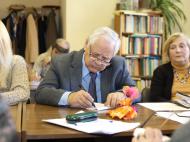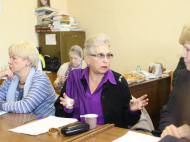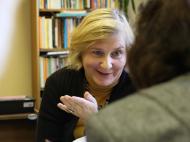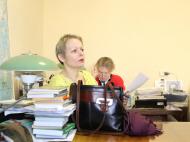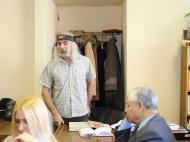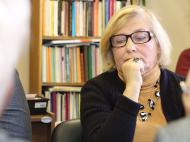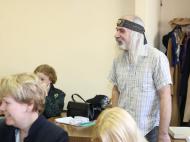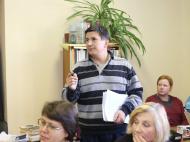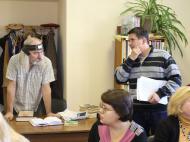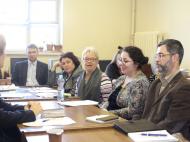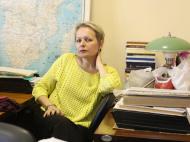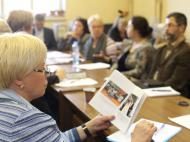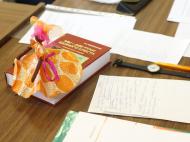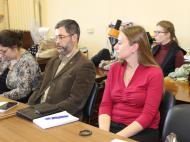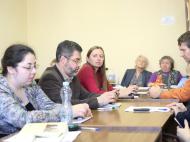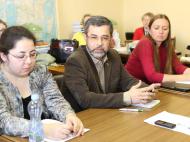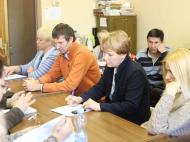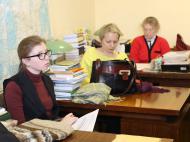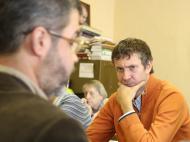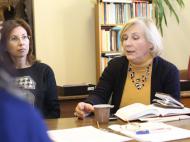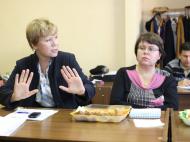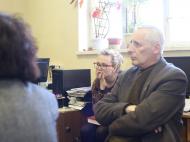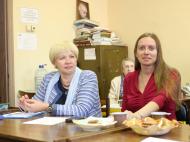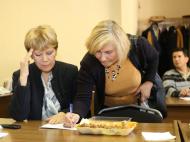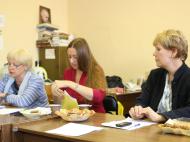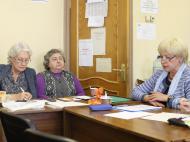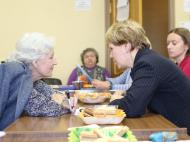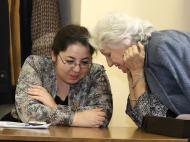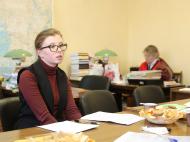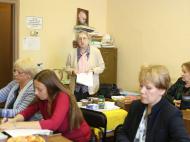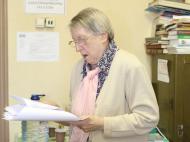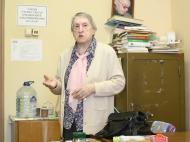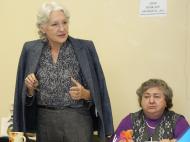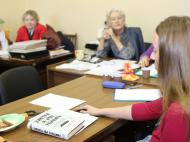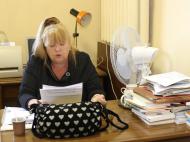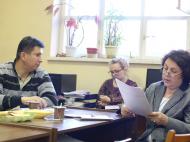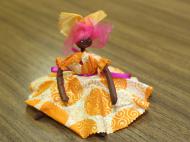21 October 2015 "Terrorism and violence in the East and in Africa. Gender aspects".
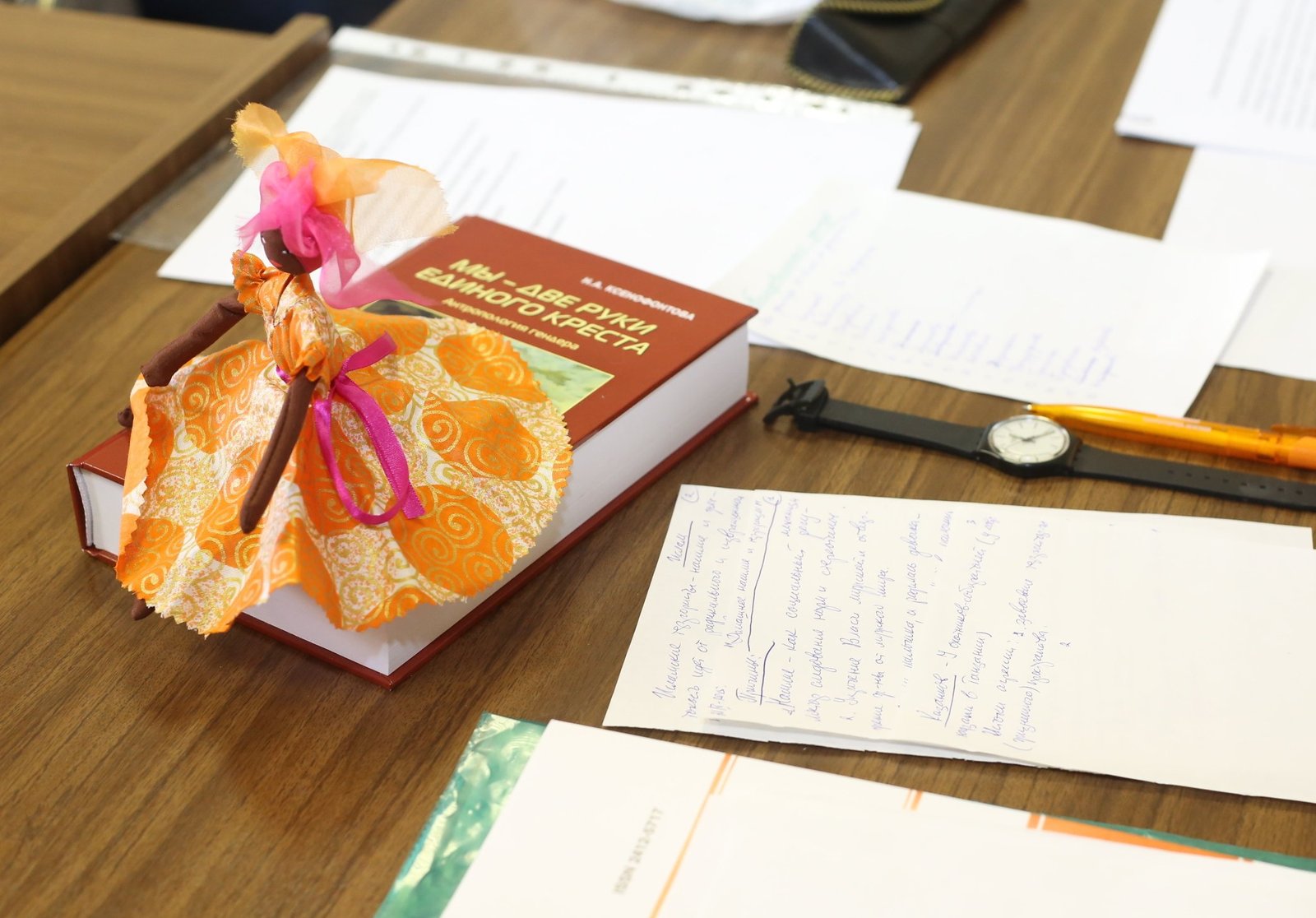 21 October 2015 the Center for Sociological and Political Sciences Studies of the Institute for African Studies held a roundtable "Terrorism and violence in the East and in Africa. Gender aspects".
21 October 2015 the Center for Sociological and Political Sciences Studies of the Institute for African Studies held a roundtable "Terrorism and violence in the East and in Africa. Gender aspects".
Among 35 participants were: researchers and graduate students of the Institute for African Studies, Institute of Oriental Studies, Institute of Ethnology and Anthropology of the Russian Academy of Sciences, Institute of State and Law, Peoples Friendship University, Moscow State University, Moscow State Law Academy, Yaroslavl State University, as well as representatives of public organizations of Moscow (Moscow House of Compatriots of the Government of Moscow, the Education Commission of the Council for Interethnic Relations of the President of the Russian Federation) and the Russian diaspora in the Republic of Côte d'Ivoire and Syria.
The work was focused on the study of the societies emerging from (or experiencing) a protracted armed conflict, backed by a dynamic social transformation and reconstruction. The culture of gender relations could not avoid such changes. Selected regions and social processes as well as gender relations have a unique "demonstration effect", therefore this experience can serve as a model possible scenarios of the social development for other regions, which live out similar extreme circumstances.
The participants highlighted the role of women in an effort to overcome the conflict, defining it a system of various opposition states and relationships - personal, social, historical, cultural, racial, ethnic, religious, political, psychological, and others. In addition, the phenomenon of domestic violence as a kind of discrimination against women and at the same time one of the aspects of human rights violations the participants called the hardest mass social disease. It manifests itself in various forms, depending on the historical and cultural traditions of the nations studied.








